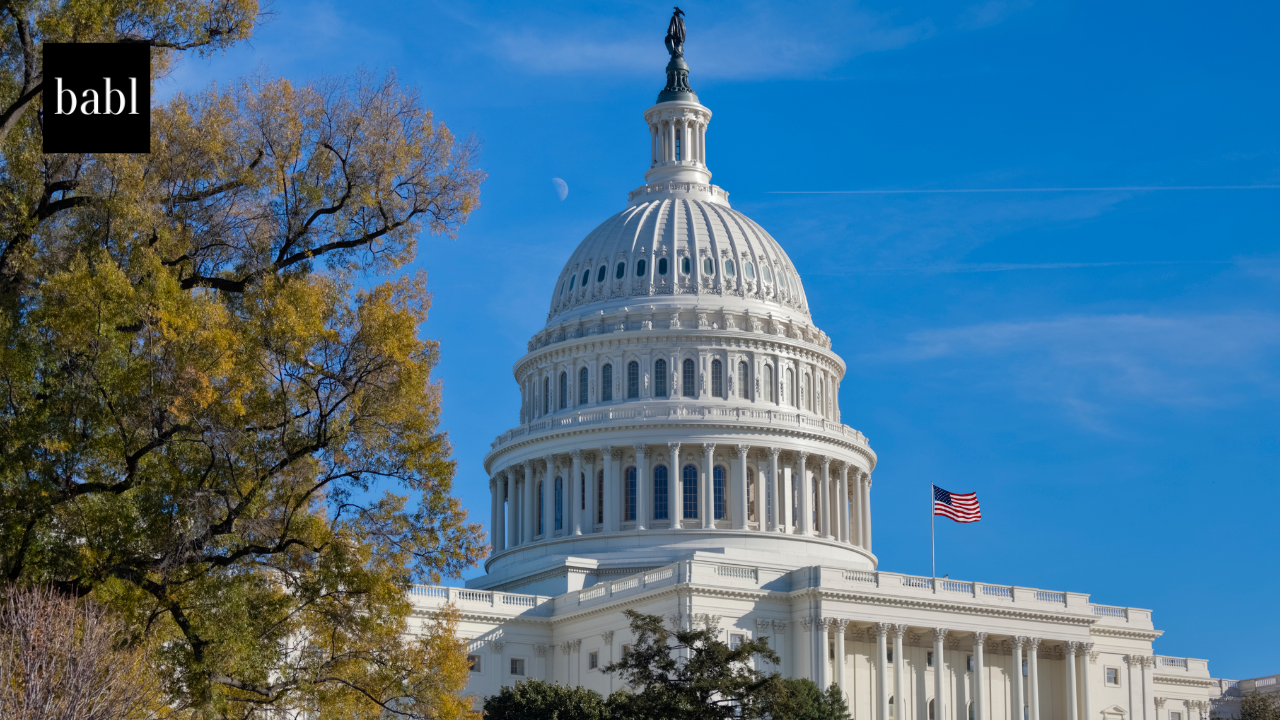UPDATE – JANUARY 2026:
Since this article was first published in October 2023, the NO FAKES Act has moved beyond the discussion draft stage. A revised version of the bill was formally introduced in both the U.S. Senate and House in April 2025, following extensive industry input. The bipartisan proposal aims to establish a federal right of action against unauthorized AI-generated replicas of a person’s voice or likeness—living or deceased—while protecting First Amendment uses such as parody, documentaries, and biographical works. The bill is still under consideration and has not yet become law.
ORIGINAL NEWS STORY:
Bipartisan Group of U.S. Lawmakers Introduce NO FAKES Act
The U.S. entertainment industry is lauding a newly introduced bipartisan discussion draft bill in Washington D.C. Titled the “Nurture Originals, Foster Art, and Keep Entertainment Safe Act,” or NO FAKES Act, this initiative emerged on Thursday, October 12, with sponsorship from Senators Chris Coons of Delaware, Marsha Blackburn of Tennessee, Amy Klobuchar of Minnesota, and Thom Tillis of North Carolina. It is the latest addition to a series of bills addressing related concerns at the federal level.
The primary objective of the NO FAKES Act is to safeguard the image, voice, and visual likeness of individuals, whether living or deceased. It explicitly prohibits the production, publication, distribution, or transmission of unauthorized digital replicas of individuals without their explicit consent. Furthermore, the act bars the use of an individual’s visual likeness in a manner likely to cause confusion or deceive people. Violations could incur civil penalties, including damages and injunctive relief.
Exceptions and First Amendment Protections in the NO FAKES Act
The NO FAKES Act includes specific exceptions allowing the use of an individual’s image or voice without explicit consent. For instance, it exempts digital replicas used as part of news, public affairs, sports broadcasts, or reports. Similarly, an individual’s image or voice can be utilized in documentaries, docudramas, or historical/biographical works, provided the representation is factual and accurate.
Lawmakers and Industry Leaders Weigh In on the NO FAKES Act
Senator Coons emphasized the need for clear policies regulating the use and impact of generative AI in a press release stating:
“Congress must strike the right balance to defend individual rights, abide by the First Amendment, and foster AI innovation and creativity.”
Senator Tillis added:
“While AI presents extraordinary opportunities for technological advancement, it also poses new problems, including the voice and likeness of artists being replicated to create unauthorized works.”
What the NO FAKES Act Means for AI, Artists, and Companies
SAG-AFTRA President Fran Drescher underscored the importance of consent with Deadline, stating, “A performer’s voice and appearance are all part of their unique essence, and it’s not okay when those are used without their permission.”
The NO FAKES Act is the latest in a series of legislative measures in the U.S. State Governors Phil Murphy, J. Kevin Stitt, Josh Shapiro and Glenn Youngkin issued executive orders related to AI. D.C. lawmakers urged the White House to adopt the Blueprint for an AI Bill of Rights.
Need Help?
Companies seeking insights into the potential impact of AI legislation are encouraged to reach out to BABL AI. Their team of Audit Experts is ready to provide tailored guidance and support.





